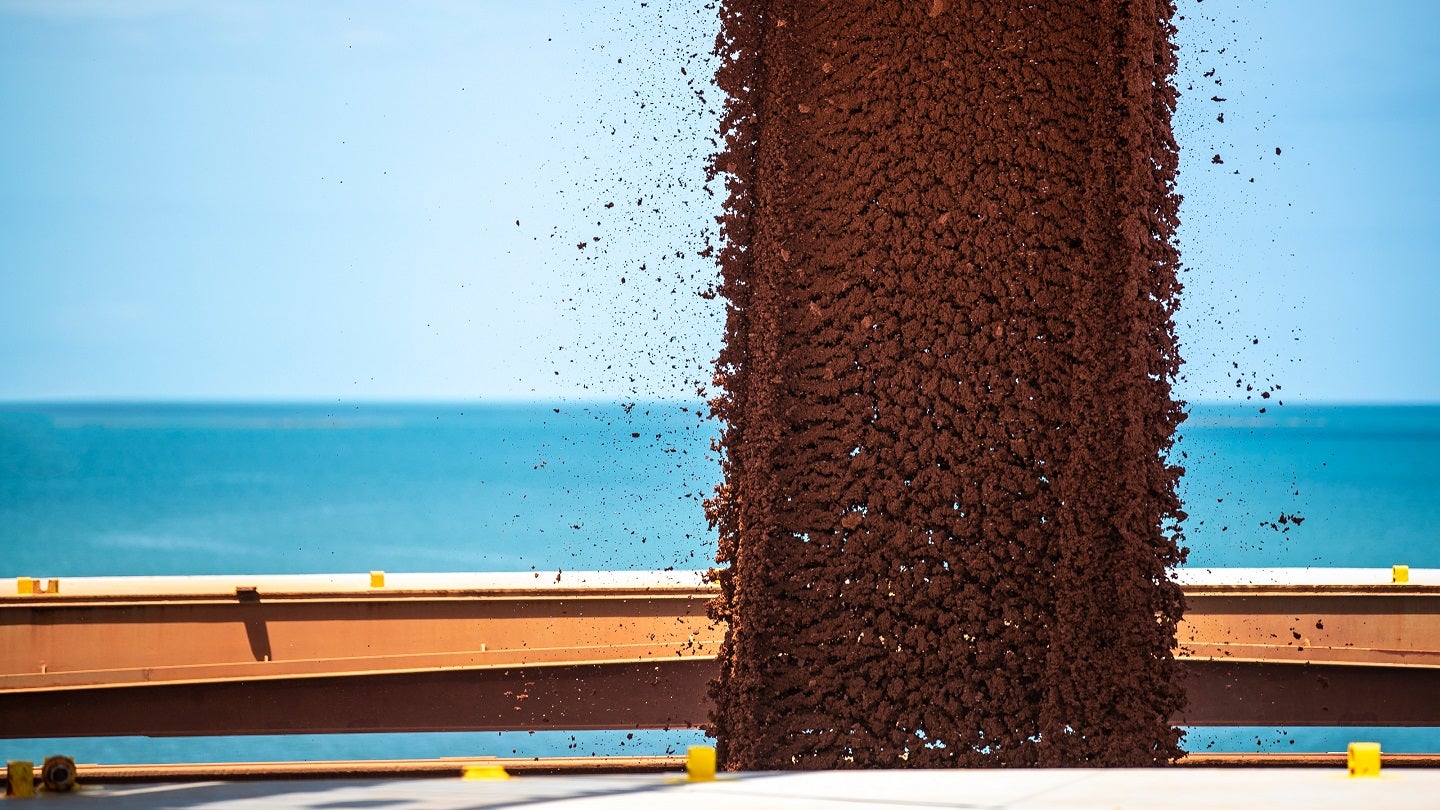
Anglo-Australian iron ore producer Rio Tinto has signed a memorandum of understanding (MoU) with steelmaker China Baowu to explore new projects to help decarbonise the steel value chain in China and Australia.
Under the MoU, the two companies will jointly advance certain decarbonisation projects to help drive the industry’s transition towards a low-carbon future.
The projects include researching, developing and demonstrating a pilot-scale electric melter at a Baowu-owned steel mill in China.
The melter is expected to enable the production of low-carbon steel by making use of direct reduced iron, which is produced from low-grade and medium-grade ores.
Rio Tinto and Baowu will also work on optimising pelletisation technology for ores produced in Australia. This will transform the ores into feedstock for low-carbon, shaft furnace-based direct reduction processes.
The demonstration projects also include the advancement of China Baowu’s HyCROF technology, which is designed to reduce CO₂ emissions from the blast furnace process.
The two companies will also jointly investigate opportunities for low-carbon iron production in Western Australia.
In a press statement, China Baowu said: “With the mission of building an industrial ecosystem to promote the progress of human civilisation, China Baowu is committed to working with Rio Tinto to jointly study and provide low-carbon and green comprehensive solutions for the steel value chain, help the low-carbon transformation and upgrade of the steel industry chain, and support the world to address the challenge of climate change with pragmatic actions.”
In a separate announcement, Rio Tinto announced plans to invest $1.1bn to expand its low-carbon AP60 aluminium smelter at Complexe Jonquière in Quebec, Canada.
The investment, which includes up to $113m in financial support from the Quebec Government, will see the installation of 96 new AP60 pots to increase the smelter’s annual capacity by approximately 160,000 metric tonnes of primary aluminium.
The project is expected to create up to 1,000 jobs during the peak construction phase and 100 permanent jobs upon completion of the smelter expansion.



